EU ministers say ending clock changes in 2019 'not realistic'
EU transport ministers say most of them think the European Commission's proposal to abolish daylight savings time next year was not realistic.
"If we aim to do this in 2019, as the Commission suggested, this will not be supported by the majority of member states", Austrian Transport Minister Norbert Hofer said at the start of an informal meeting of his EU colleagues in the city of Graz.
European Commission President Jean-Claude Juncker announced in August that it would recommend member states end the annual ritual of putting clocks forward by one hour in the spring and then back an hour in the autumn.
Hofer said that although most member states were agreed on the principle of ending the practice, and that Austria would like to see it done "as soon as possible", 2019 would be too ambitious.
"In certain areas, technical preparations will be necessary ... for example the airline industry tell us they need at least 18 months to prepare," Hofer said.
"We must also be careful that we don't end up with a patchwork of time zones" across Europe, Hofer added, referring to the possibility of neighboring countries making different choices on whether to stay on summer or winter time permanently.

The Estonian and Lithuanian transport ministers expressed enthusiasm for ending the practice, but other countries sounded a more cautious note.
"We need a thorough public debate about this... we haven't had that yet so we need more time to get the Danish position on this," said Denmark's Transport Minister Ole Birk Olesen.
"There is not much awareness about the fact that it will have costs whatever we choose," he added.
Hofer said he would try to find the "widest possible consensus" at the meeting, which is being held as part of Austria's rotating presidency of the EU.
Juncker's announcement in August followed an online consultation which generated some 4.6 million responses from EU citizens -- mostly from Germany, where the clock change is a major issue.
Proponents of daylight saving say the longer evening daylight hours in the summer help save energy and bolster productivity.
Opponents argue that some people cannot easily adapt to the change and feel it has a short-term negative impact on their health.
(Source: AFP)
VIDEO | South Koreans protest Israel's Rafah attack
VIDEO | Israeli genocidal war on Gaza
VIDEO | Unprecedented Gaza massacre
Israeli airstrikes kill 4, including child, across Syria: Reports
VIDEO | South Africa votes for new govt.
Brazil’s Lula withdraws ambassador to Israel over war in Gaza
‘All Eyes on Rafah’ images shared 40 million times globally
Another US MQ-9 drone downed by Yemen amid pro-Palestine campaign


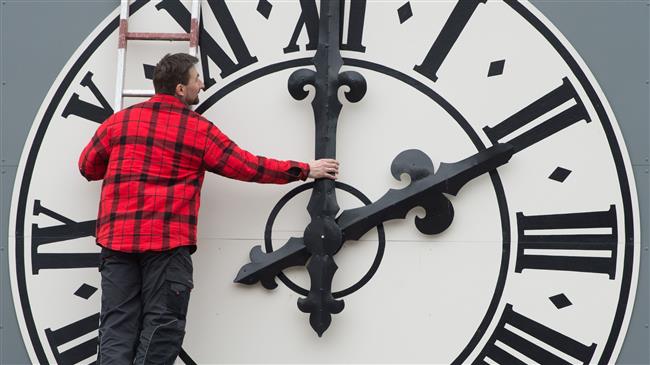
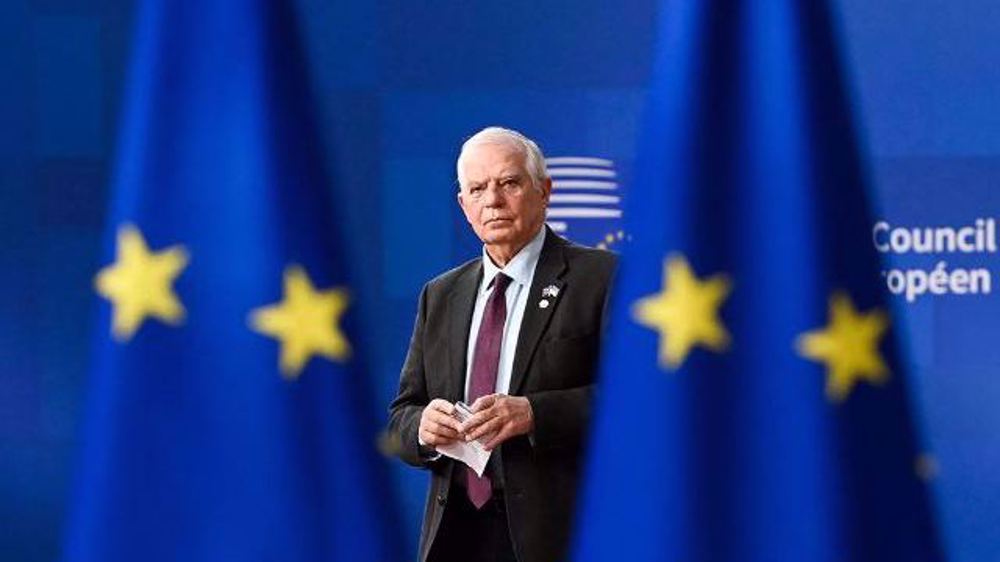
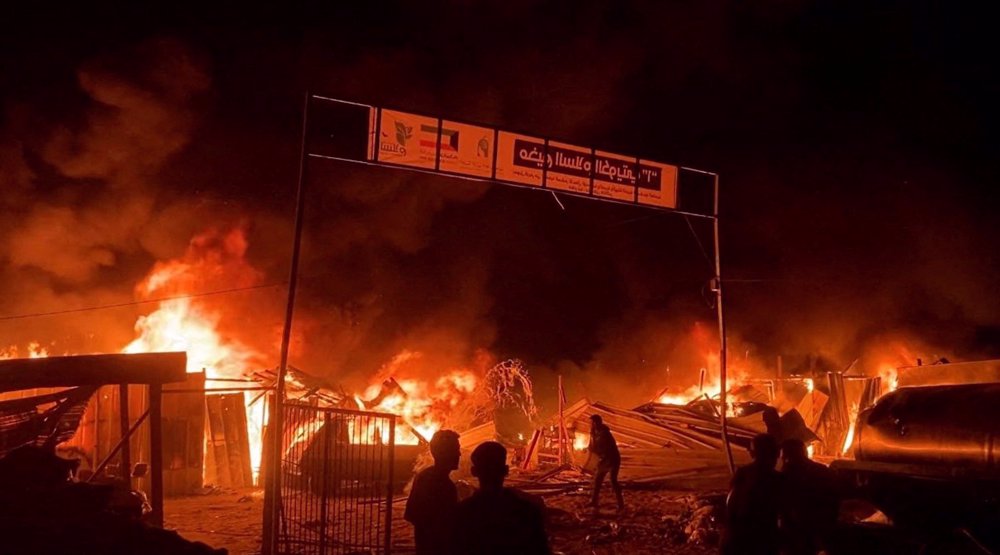
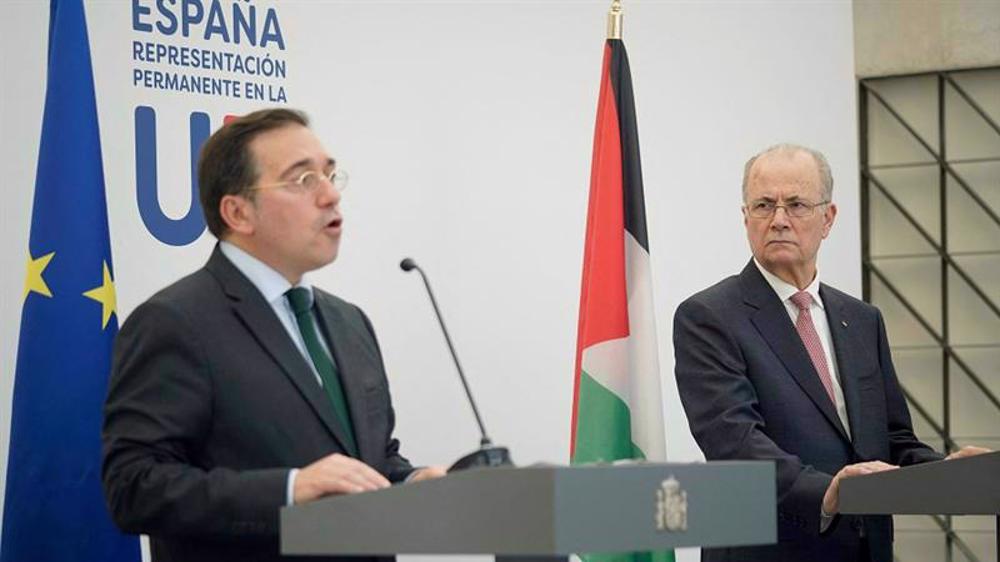




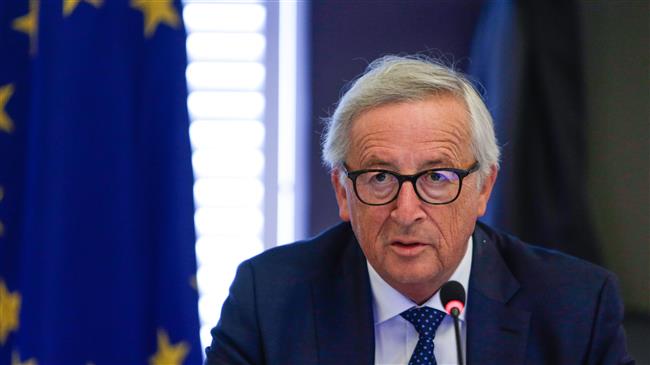

 This makes it easy to access the Press TV website
This makes it easy to access the Press TV website